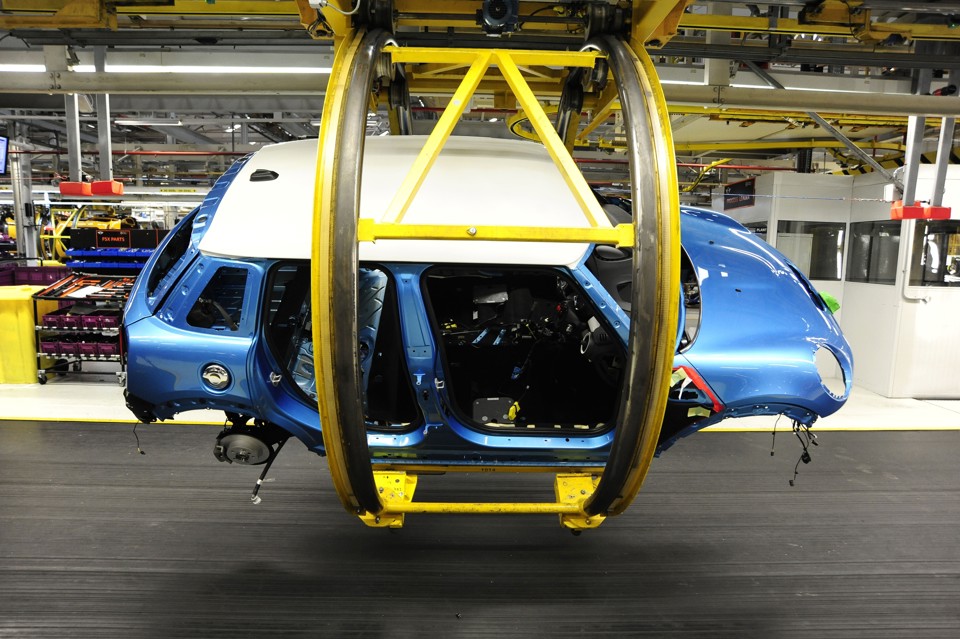Mini is axing 400 agency jobs at its Oxford factory as a result of reduced new car demand caused by the COVID-19 pandemic.
The factory will move to a two-shift pattern from October and the agency job cuts are from the 950 agency workers that currently work in production at the factory.
BMW Group has approximately 4,000 people (BMW Group and agency) working onsite at Oxford.
In a statement sent to AM, Bob Shankly, Mini Oxford human resources director, said: “The Covid-19 pandemic has resulted in a substantial impact on customer demand and, like other automotive manufacturers, our volume forecasts for 2020 have had to change accordingly.
“We have, therefore, made the difficult decision to adjust our shift patterns at Mini Plant Oxford from October.”
Shankly said the shift pattern changes will give Mini the flexibility it needs to adapt its production in the short to medium term, according to developments in global new car sales markets.
He added: “Our decision has been made after close discussion with trade union representatives and we are aware that our plans will have an impact on people during an uncertain and worrying time.
“We have sought to protect as many jobs as we can, while also taking the necessary steps to ensure the stability of our business in light of this current period of volatile and unpredictable market conditions.”
Mini's UK new car registrations, like many other manufacturers, have seen double digits drops this year, with a 37.3% fall year-to-date to 22,718 units.
According to the latest Society of Motor Manufacturers and Traders (SMMT) data, UK car manufacturing fell by 20.8% in July with 85,696 units made as factories struggle to ramp up output and global demand recovers slowly.
Last month the SMMT said that UK car manufacturing could lose up to £40 billion in lost revenues by 2025 in the event of a 'no deal' Brexit.
It expects 32% fewer cars to be produced in UK factories in 2020.
Mike Hawes, SMMT chief executive, said: "As key global markets continue to re-open and UK car plants gradually get back to business, these figures are a marked improvement on the previous three months, but the outlook remains deeply uncertain.
"With the sector now battling economic recession as well as a global pandemic, it has neither the time nor capacity to deal with the further shock of a ‘no deal’ Brexit.
"The impact of tariffs on the sector and the hundreds of thousands of livelihoods it supports would be devastating, so we need negotiators on both sides to pull out all of the stops to ensure a comprehensive free trade deal is agreed and in place before the end of 2020."





















Login to comment
Comments
No comments have been made yet.